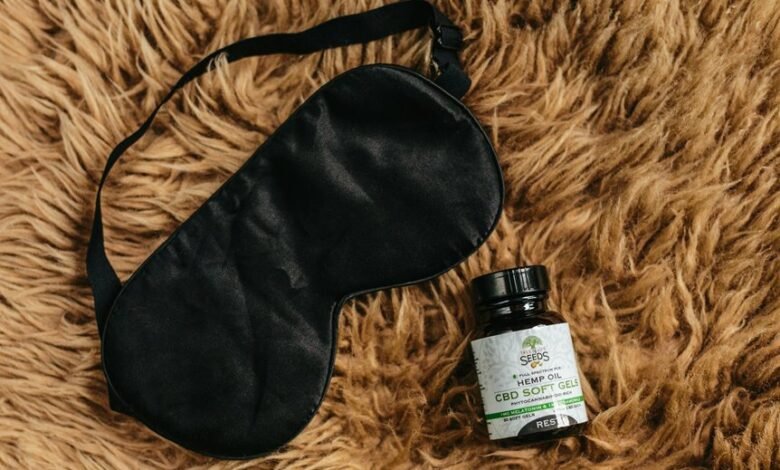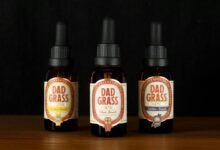Can You Feel Cbd

The effects of CBD can be quite varied among individuals. Some experience significant changes, such as reduced anxiety or improved sleep, while others may notice minimal impact. This discrepancy stems from factors like body chemistry and dosage. Understanding these individual responses is crucial. As more people explore CBD's potential, questions about its efficacy and personal experiences arise, leading to a deeper inquiry into how it might influence wellness.
Understanding CBD and Its Mechanism of Action
Cannabidiol, commonly known as CBD, is a prominent compound derived from the cannabis plant that has garnered significant attention for its potential therapeutic benefits.
CBD interacts with the body's endocannabinoid system, primarily by binding to cannabinoid receptors. This interaction helps regulate various physiological processes, including mood, pain perception, and inflammation, contributing to the growing interest in CBD as a natural remedy for diverse health issues.
Individual Responses to CBD: Why Effects Vary
The effects of CBD can significantly vary from person to person, influenced by a multitude of factors.
Individual variability in body chemistry, metabolism, and tolerance plays a crucial role in determining how one experiences CBD.
Additionally, dosage considerations are essential; higher or lower amounts can lead to vastly different outcomes.
Understanding these nuances is vital for those seeking tailored benefits from CBD products.
Factors Influencing CBD Efficacy
While many individuals may seek the benefits of CBD, several key factors can significantly influence its efficacy.
Dosage considerations play a crucial role, as too little may yield minimal effects while excessive amounts can lead to adverse reactions.
Additionally, product quality is paramount; high-quality CBD products, tested for purity and potency, can enhance therapeutic outcomes and ensure users experience the desired benefits effectively.
Common Effects Reported by CBD Users
Many users report a variety of effects when incorporating CBD into their wellness routines, often noting improvements in areas such as anxiety reduction, pain relief, and sleep quality.
Additionally, anecdotal evidence suggests mood enhancement, leading to a greater sense of well-being.
These reports illustrate CBD's potential benefits, encouraging individuals to explore its therapeutic properties while seeking a more balanced, liberated lifestyle.
Conclusion
In the vast landscape of CBD experiences, individuals navigate a spectrum of effects, akin to a painter blending colors on a canvas. While some may feel a vibrant rush of relief and calm, others might perceive only gentle strokes of change. Understanding personal responses and the factors influencing CBD's efficacy is crucial for harnessing its potential benefits. This journey through individual reactions ultimately illuminates the path to a balanced lifestyle, where the nuances of CBD can enrich well-being.






